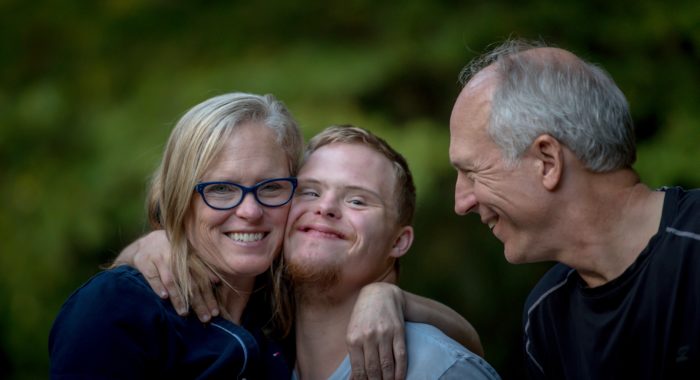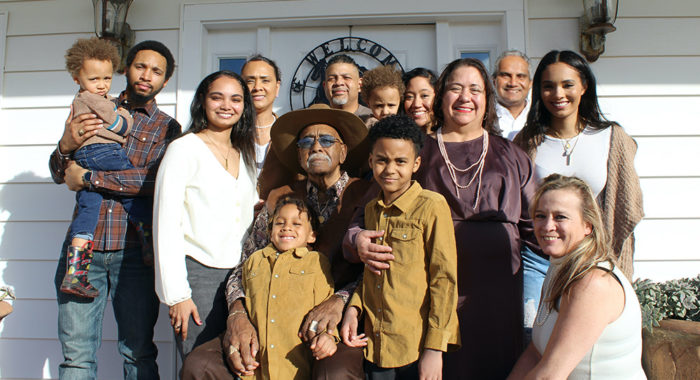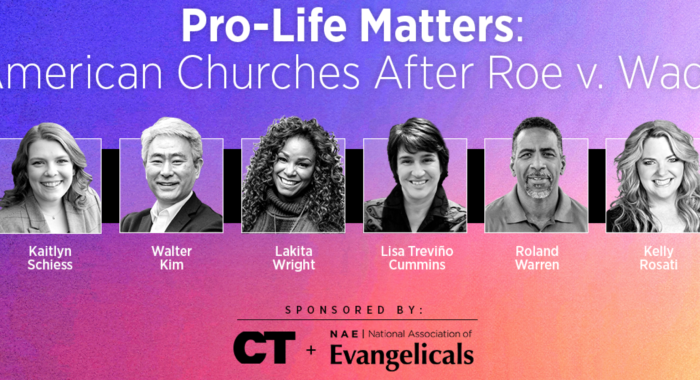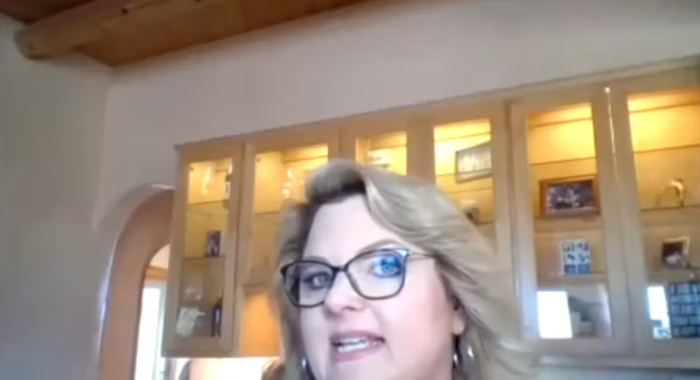On Friday, June 24, 2022, the U.S. Supreme Court handed down its decision in Dobbs v. Jackson Women’s Health Organization: “The Constitution does not confer a right to abortion; Roe and Casey are overruled; and the authority to regulate abortion is returned to the people and their elected representatives.”
Dobbs is a momentous legal decision. For too long, the Court’s rulings in Roe v. Wade (1973) and Planned Parenthood v. Casey (1992) placed constitutional obstacles in the path of legal protections for unborn children. Dobbs clears the path.
It does not end abortion, however. Debates about our nation’s abortion laws now shift from courtrooms to legislatures. The law can restrict the supply of abortions, but it does nothing to limit the demand for abortion. Voting to change laws and public policies is not our only responsibility. As Christians, our larger responsibility is to limit demand by making abortion unthinkable.
Churches should continue to partner with community agencies to be the hands and feet of Jesus to an influx of women who will be searching for an alternative to abortion. The reality is, Christians have been operating pregnancy resource centers, food banks and other compassion ministries for decades. After Roe, our responsibility is to improve, expand and better publicize those ministries.
We must be ready and willing to take on the issues beyond the preservation of life in the womb and give attention to issues affecting the mother and her child’s trajectory of life after birth — realizing the term pro-life does not only mean anti-abortion. Women will need churches more than ever to support them as they walk through unplanned pregnancies and, subsequently, unplanned parenting.
Being pro-life will take on a multifaceted meaning. Here is what it can look like for churches to become fully pro-life:
1. Pray.
The central petition of the Lord’s Prayer is “Your kingdom come, your will be done, on earth as it is in heaven” (Matthew 6:10). Killing a child in the womb is not God’s will. Asking God to help change people’s hearts and minds is appropriate.
2. Offer Pregnancy Resources.
Heartbeat International is the nation’s largest network of pregnancy resource centers. Each year, it serves 1.5 million clients, helping 300,000 expectant mothers choose life. The organization explains why pregnant women choose abortion:
Women’s reasons for seeking abortion included financial reasons (40 percent), timing (36 percent), partner-related reasons (31 percent), and the need to focus on other children (29 percent). Most women reported multiple reasons for seeking an abortion (64 percent).
These concerns need to be addressed immediately. According to Heartbeat’s research, “The average woman choosing abortion makes the decision within a day of confirming her pregnancy and obtains an abortion within the next week.” If she feels befriended and resourced, she is more likely to choose life.
3. Provide Post-birth Resources.
As noted above, financial concerns drive many women to choose abortion. Those concerns don’t go away just because they choose life. The Bible teaches us to put our time, talent and treasure in service of the poor:
If anyone has material possessions and sees a brother or sister in need but has no pity on them, how can the love of God be in that person? Dear children, let us not love with words or speech but with actions and in truth (1 John 3:17–18, emphasis added).
4. Support Foster Care and Adoption.
As Christians, we want all children to be protected by law and welcomed in life. In any given year, there are approximately 400,000 children in the U.S. foster care system. These children need both foster and adoptive parents.
5. Disciple.
The Church’s mission is to “make disciples of all nations” (Matthew 28:19). A comprehensive discipleship program will include instruction about sexuality. Two elements of that program should be the sanctity of marriage (Hebrews 13:4) and the sanctity of life (Exodus 20:13).
Contemporary culture honors neither the sanctity of marriage nor the sanctity of life. For some, the freedom to have sex outside of marriage requires the right to abortion. Our discipleship resources must include teaching about human sexuality, premarital and marriage counseling, and parenting classes. The NAE’s publication “Theology of Sex” is an excellent resource.
6. Evangelize.
The gospel is the divine solution to the human problem. Paul summarizes both the problem and the solution in Romans 3:23–24. The problem is that “all have sinned and fall short of the glory of God.” The solution is that “all are justified freely by his grace through the redemption that came by Christ Jesus.” We receive this justification “by faith apart from the works of the law” (v. 28). Our goal should be to provide a clear pathway to repentance and restoration for people who have participated in the sin of abortion.
7. Collaborate.
Choosing life can feel like a daunting task. Women considering abortion may feel alone, under-resourced and overwhelmed. Local churches sometimes feel they don’t have the resources to meet needs in their communities. Local churches and organizations can partner with others to meet the needs. Together, they can come alongside women considering abortion with a message of hope and acts of compassion. Supportive public policies such as the expanded child tax credit and paid family leave can also play a vital role.
As we welcome the overturning of Roe v. Wade, let us redouble our efforts to demonstrate that the gospel is good news for our bodies as well as our souls. Abortion will become unthinkable when we realize that “we are God’s handiwork, created in Christ Jesus to do good works, which God prepared in advance for us to do” (Ephesians 2:10).
Get a free copy of Theology of Sex ![Arrow]()
Doug Clay is general superintendent of the Assemblies of God USA. Clay was elected chief executive officer of the General Council of the Assemblies of God at the 57th General Council in August 2017. Prior to his present position, Clay served the church as its general treasurer for nine years. He was superintendent of the Ohio District from 2004-2008, and pastored Calvary Assembly of God in Toledo, Ohio, from 1997-2004. Clay has also served as the Assemblies of God national youth director (1995-1997), Ohio District youth director (1989-1995) and as a youth pastor in Ohio and Iowa. He is a 1985 graduate of Central Bible College in Springfield, Missouri.




 View All Articles
View All Articles 






























